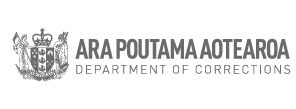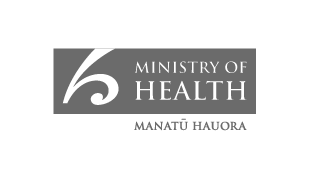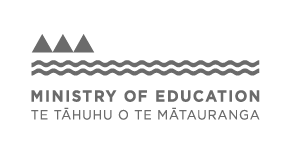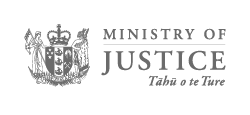Ensure accessible, safe and integrated responses meet specific needs, do not perpetuate trauma and hold people who use violence to account.
Te Aorerekura establishes an ongoing commitment to safe, integrated services that meet the holistic needs of those impacted by violence and supports accountability and behaviour change for people who use violence.
Response services must be safe, accessible and available earlier in the places where people are, provided by trusted people, and with culturally appropriate and safe approaches. Responses to those who use violence must hold them to account while supporting change and healing.
Action plan: Shifting towards safe, accessible and integrated responses
Actions 27-32 of the Action Plan will enable us to provide safe, accessible and integrated responses. These actions are led by different Joint Venture agencies.
Actions to ensure safe and integrated responses meet specific needs, do not perpetuate trauma, and achieve safety and accountability.
27. Develop new practice guidelines for supporting participants in court proceedings
Design and implement guidelines and information about court proceedings that involve people impacted by family violence and sexual violence. This will align with the Te Ao Mārama(external link) vision for the District Court.
Activities
- December 2022: Practice guidelines developed with representatives of court participants and communities, including people impacted by violence (victims-survivors) and people who use violence.
- Implement the guidelines and best practice in family violence and sexual violence proceedings.
28. Implement safeguarding responses for disabled and vulnerable adults
Develop and expand the Safeguarding Framework and interagency safeguarding adults from abuse approach (SAFA) to improve prevention, responses and reporting on forms of abuse, neglect or harm of vulnerable adults.
Activities
- Work with Disabled People’s Organisations and other key groups to identify how the Safeguarding Adults framework and approach can work for all disabled people, and how to expand this beyond the Waitematā and Manawatu locations.
- Expand the Safeguarding Adults framework and approach to other locations.
29. Develop a plan to fill the service gaps for family violence
Government agencies and service providers will work together with communities and specialists to develop a plan to fill gaps in family violence response services.
Activities
- July 2022: Scope service needs to fill gaps, including services that support people who use violence.
- Scope service design for services with tangata whenua, Pacific peoples, ethnic communities, LGBTQIA+ communities, older people, children and youth, and disabled communities.
- Establish an investment plan to fund services for tangata whenua and these different communities.
30. Develop a plan to fill the service gaps for sexual violence
Government agencies and service providers will work together with communities and specialists to develop a plan to fill gaps in sexual violence response services.
This includes working with providers of the Sexual Abuse Assessment Treatment Services (SAATS(external link)) and Non-Fatal Strangulation Service.
Activities
- June 2023: Work with specialists, government agencies to scope service needs with tangata whenua, Pacific peoples, and disabled communities, followed by an investment plan for funding these services
- Scope service design with community groups and sexual violence service providers to identify and fill gaps.
31. Develop a case management system for family violence responders
Project Whetū delivers a national case management system that supports integrated case management for crisis responses, and support for ongoing wellbeing.
Activities
- July 2022: Continue Request for Information (RFI) and Business Case proposals
- Develop technology with a provider and implement the system.
32. Improve the Family Start service
Improve the Family Start(external link) service to offer more services, reduce whānau worker caseloads, and improve culturally appropriate responses.
Activities
- From late 2021: Explore ways of reducing whānau worker caseloads.
- Investigate development of training and resources to build capability of whānau workers to respond to family violence and sexual violence
- Scope work with other Joint Venture agencies to identify opportunities for the expansion and enhancement of Family Start, as part of cross-agency efforts to provide support for pepi and tamariki in their early years.
- Identify potential new locations for Family Start.
For more information, you can reach out to the Joint Venture and other support services through the Contact us page.








